Under the best of circumstances, it's hard enough for parents to juggle a job while raising young children. Having safe, stable, and nurturing child care is the key that allows so many families to make it all work. But with quality child care largely unaffordable or otherwise unavailable, too many families do not have the child care they need.
As a working mother to a preschooler and as the provider to almost 200 children each day with my team, we have seen and felt the impact that unstable childcare can directly have on a family's income, ability to rejoin the workforce, stress, etc. and more. Not only have we provided care to our own families,s but we also ensured that our youngest citizens and their families had had regular care. Throughout the pandemic, our team has preserved and only become stronger and more resolved in our passion for early childhood education. We are committed to deepening our knowledge of ACES, social-emotional learning, and advocating policy change for our field.
Families need access to quality and affordable child care that supports their babies' healthy development. And child care isn't just important for children. In 2019, 61 percent of infants and toddlers had mothers in the workforce. But to work, parents need to know that their babies are well-cared for by individuals with passion and knowledge. Safe, quality child care gives them the peace they need to focus on their work and provide for their families. Child care has a tremendous benefit to our financial system, creating a total economic impact of nearly $100 billion per year.
For too long, child care has been challenging to access, especially for those who need it the most. Infant and toddler care cost more than college in 30 states and the District of Columbia, and many families with low incomes can't benefit from the current child care tax credit. Even if they did, the maximum tax benefit doesn't come close to the actual cost of care. Despite the high cost of infant care, few families receive financial assistance. The federal Child Care and Development Fund serves only 4.2% of infants and toddlers in families with low or moderate incomes.
COVID-19 and the subsequent economic crisis have made it even more difficult, if not impossible, to obtain high-quality, affordable care. As a result of the pandemic, many providers were forced to close, unable to make the economics of providing child care work. Providers who stayed open dealt with long months of under-enrollment and increased costs of keeping young children safe and healthy, along with the uncertainty of the pandemic we all experienced. Child care providers aren't getting the support they need from our elected officials in our state.
As the child care system rebuilds, we cannot return to it. For infants and toddlers, child care is second only to the interactions with their families in shaping the foundation of babies' early brain development. Robust public funding is imperative for a system of high-quality programs and providers that are accessible to all families. I strongly urge our local officials to invest in this critical system and provide high-quality, affordable child care for working families during the hours they need it. Child care providers also need the support, training, and compensation to do their essential work. Tennessee's current and future workforces, and our local and national economies, depend on it.
Alyssa Dituro Executive Director

